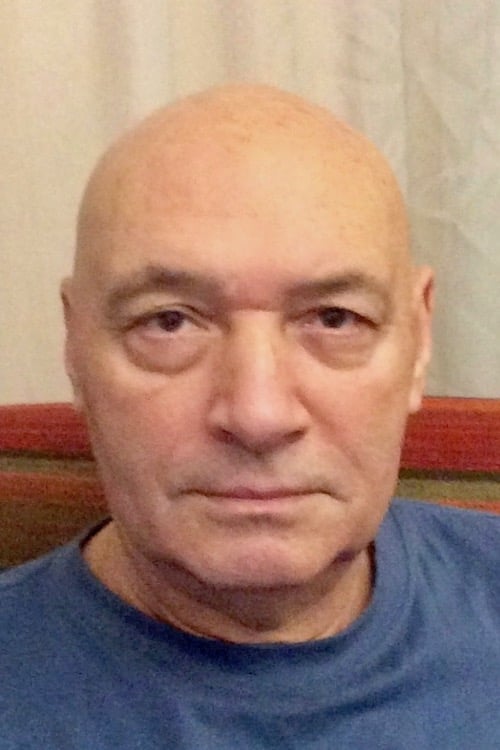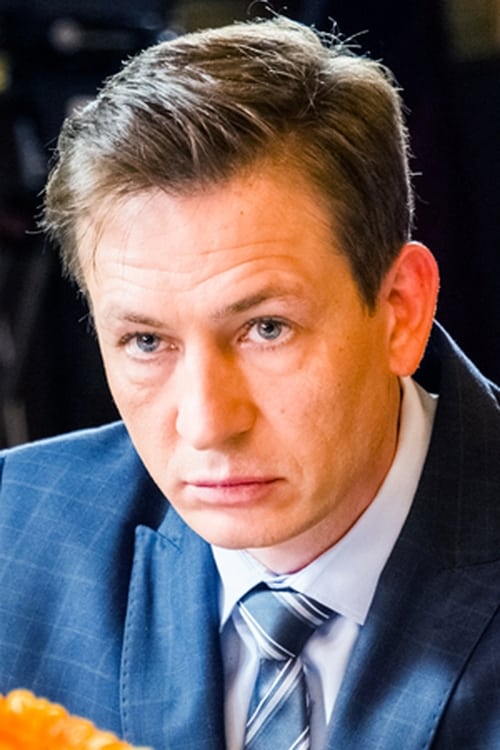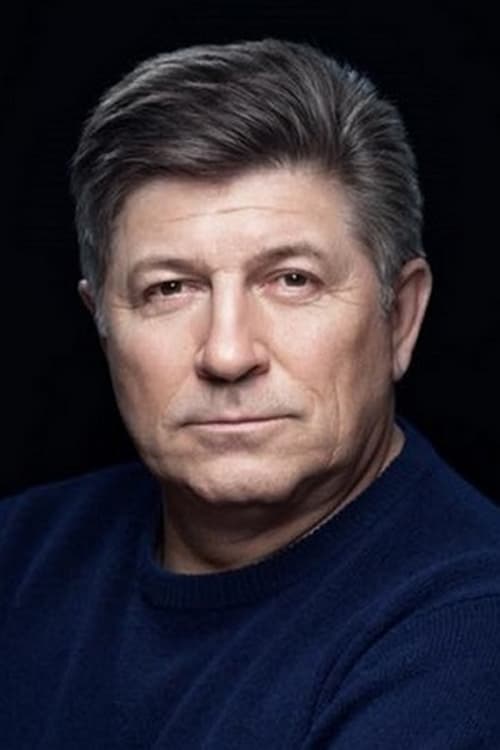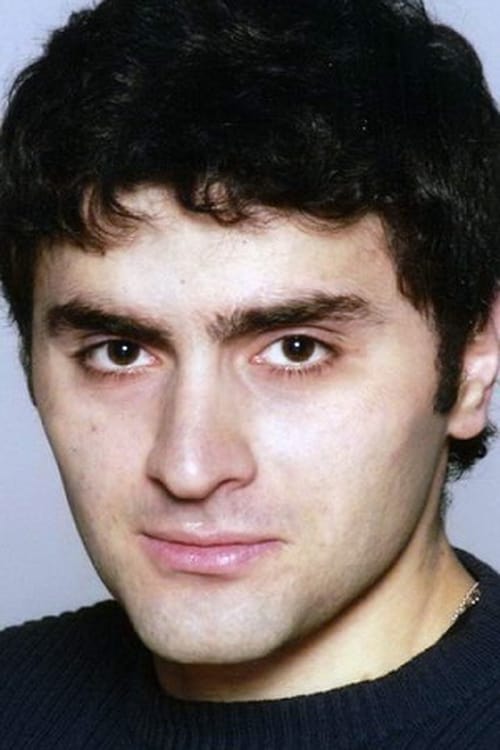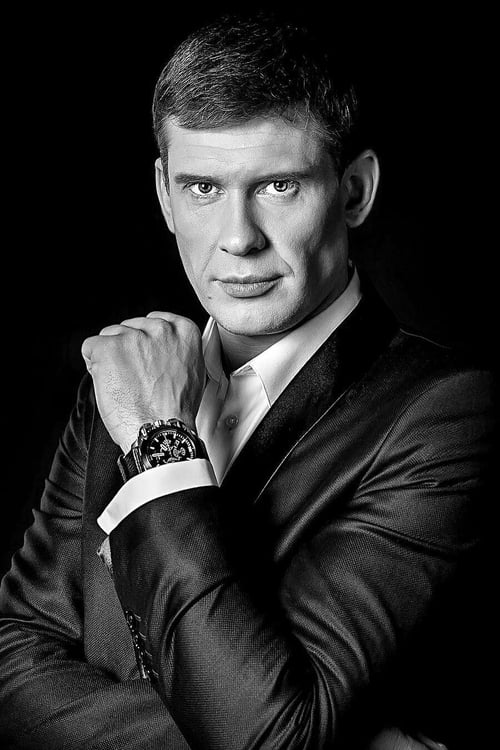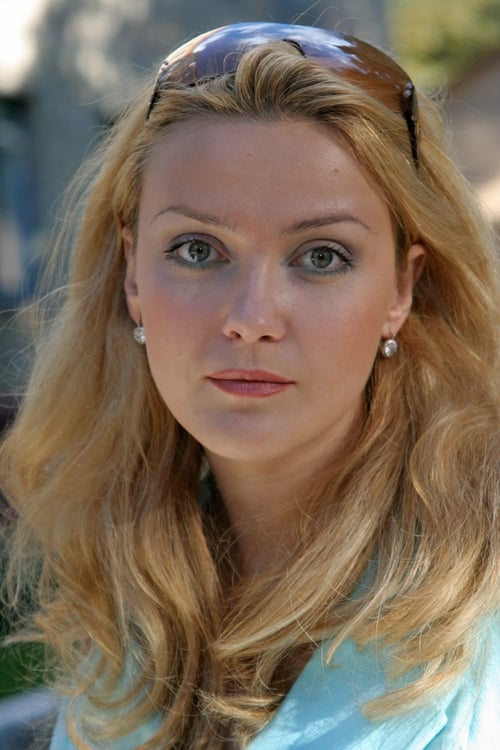Khaytarma (2013)
The story of one of the people
장르 : 드라마, 역사, 전쟁
상영시간 : 1시간 30분
연출 : Akhtem Seitablaiev
시놉시스
The film tells about the tragic date in the history of the Crimean Tatar people — May 18, 1944 — Stalin’s deportation of the Crimean Tatars. The plot of the film — a pilot, twice Hero of the Soviet Union, Amethan Sultan. In May, 1944, a year after liberation of Sevastopol Amethan goes on vacation to his native town Alupka. On May 18 his eyes witness begining of deportation of the Crimean Tatars.
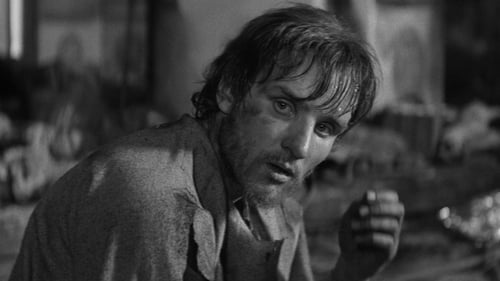
타타르 제국의 침략을 받은 15세기 러시아의 수도사 안드레이, 다닐, 키릴은 일을 찾아 수도원을 떠나는데, 떠돌아다니던 그들은 전쟁과 약탈, 강간과 살인 등 참혹한 현실과 만난다. 그들은 마침내 성상화의 대가 테오판을 만나게 되고, 테오판은 우직한 안드레이를 제자로 선택한다. 그러나 안드레이는 수도원 밖의 현실, 용서와 구원에 대한 내적 갈등으로 더 이상 벽화를 그릴 수가 없다. 격정의 15세기 미술계의 아이콘이었던 안드레이 루블로프의 삶을 그린 영화.
‘삼위일체’로 유명한 15세기의 성상화가 안드레이 루블료프의 인생과 고뇌를 그린 타르코프스키의 두 번째 장편으로, 9개의 에피소드가 연결된 프레스코 구조를 지닌다. 역사의 기록에만 몰두하며 순수 예술가로 남을 것인지 아니면 정치와 시류의 흐름을 쫓아 갈 것인지를 두고 고민하는 종교화가의 안드레이 루블로프의 고뇌를 통해 예술의 본질 탐구와 동시에 당시의 사회상을 꼬집은 수작으로, 침략 전쟁, 기아, 질병에 고통받는 러시아 민중의 삶을 배경으로 '예술이란 무엇이며, 무엇을 해야 하는가?'를 묻고 있는 이 영화는 안드레이 타르콥스키의 작품 중 가장 '역사'에 가깝게 다가서고 있다. 여러 개의 에피소드들이 느슨하게 연결되어 있는 '프레스코' 구조를 지니고 있으며, 마치 거대한 프레스코 벽화를 보는 듯한 웅장한 느낌을 준다. 안드레이 타르코프스키는 의 감독 콘찰로프스키와 사석에서 대화하던 중에 신비의 베일에 싸여있던 15세기의 성상 화가 루블레프에 매력을 느껴 영화화할 것을 결심했다고 전한다. 공개 당시 당국의 정책을 비판했다는 이유로 상영이 금지되기도 했다.
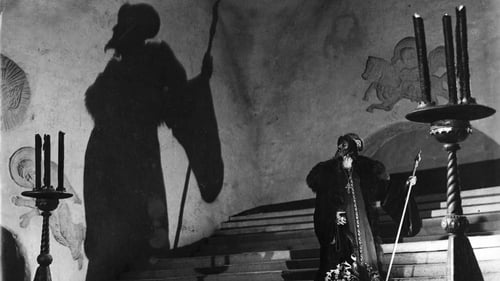
16세기 후반 여러 명의 공후들이 러시아 땅을 나누어 통치하고 있었다. 그 중에서 모스크바의 대공이었던 이반 4세는 자신이 분열된 영토를 이민족의 침입으로부터 보호하고 통일시키겠다는 야심에 찬 계획을 갖고 전 러시아의 황제로 취임한다. 귀족 출신의 아내 아나스타시야를 황후로 맞이한 이반은 취임 직후부터 경쟁 관계에 있는 귀족들의 반발에 부딪친다. 모스크바 시내 곳곳에 방화 사건이 발생하고 민심이 흉흉해진다. 한편 카잔 지방에 본거지를 둔 몽고의 칸은 모스크바가 자신들에게 복종할 것을 요구하고 전쟁을 벌인다. 이반 대제가 이끄는 러시아군은 이 전쟁에서 승리한다. 그러나 전쟁에서 승리한 후 모스크바로 귀환하는 도중 이반은 병에 걸려 중태에 빠지게 된다. 이반의 권력이 약화되기만을 기다리고 있던 귀족들은 이 기회를 이용하여 블라디미르 대공을 황제로 앉히려는 음모를 꾸미는데...
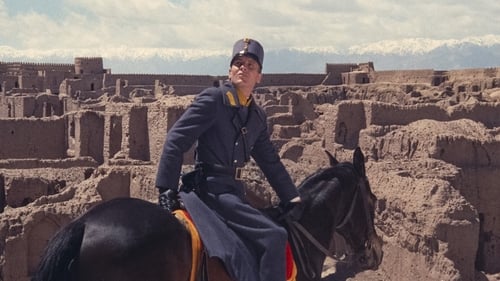
중위 지오반니 드로고는 매서운 유목민인 타타르인의 공격이 임박한 오래된 바스티아니 국경 요새로 배치되어 오게 된다.

A captain in the Czar's army encounters danger and romance while carrying a secret message across 19th-century Russia.

At a popular vacation destination in Crimea every evening the entertainer Lyudmila Pashkova hosts "Where are you, talents?" - a friendly competition designed to amuse vacationers. Michael Gudkov, a vacationer from the northern Russian city of Murmansk, takes up the challenge performing his favorite song "My Female Sailor". In spite of a well-received performance the host did not award a victory to him. Feeling slighted Michael decides to compete every evening with his song until he gets his well-deserved prize becoming a favorite fixture of the local competition.

One day a friend will betray you, and the enemy at the crucial moment will save lives.

Nazi-occupied Crimea, 1944. A boy named Itzhak turns to Saide Arifova, a local Tatar Muslim woman, for help, explaining that he and a group of other Jewish orphans are hiding from the Nazis. Arifova faces a moral dilemma: should she try to help them or save herself by refusing? Despite the impending danger, she decides to protect the children by hiding them in plain sight, and disguising them as Tatars and adopting them into the local community.

During the 12th Century a boy is born to a tribal chief. He is named Temujin, which means "blacksmith." Nine years later, his father is murdered by the Tartars After a long struggle, just when Temujin reclaims tribal chief status, the Merkit tribe kidnaps his wife. In order to fight against the Merkits, Temujin has to use his mother as a pawn in exchange for troops from ally tribes. Temujin manages to rescue his wife only to realise that she is pregnant with the enemy's child. Enduring tremendous anguish, Temujin throws himself into battle against the Tartars and slaughters the leader of the intruders. He eventually takes his wife back and accepts her child. Later on, he begins a campaign to unify all Mongolian tribes. By the age of 40, he is bestowed the title "Genghis Khan", which means "oceanic ruler".

Whilst the first shots ring out between pro-Russian government forces and members of the opposition in the winter of 2013, young Nina leaves Crimea. She was raped by a corrupt policeman, her friend was killed, and now she seeks refuge with the protesters on Maidan Square. Revolutionary chaos prevails, and it‘s not at all clear who remains loyal to whom and which means can be regarded as legitimate in the struggle for freedom. Ultimately Nina and her tormentors come face to face again and the spiral of violence is stepped up a further notch. The film was shot to a genuine backdrop, the result of which is a multifaceted allegory on the tragedy currently playing out in the Ukraine.

1971, Odessa Film Studio. The KGB studio curator orders a re-edit of just finished movie about the events of Ukraine’s 1920s "civil war" of a young director in line with the Party’s view on the historical events. This re-editing work is entrusted to a young female editor, which consequently realizes she must protect the director’s vision and the safe-guard the truth about her country under Soviet occupation.

Chain-smoking artists, poets and playwrights were among the colourful array of intellectuals living in the ‘Slovo House’ in 1920s Ukraine. The communist paradise was built under Stalin's approval, but it quickly became a prison. The brutal Soviet regime spied on the inhabitants, destroying their eccentric way of life and sealing their fate. This fascinating film explores the extraordinary story of the building and its residents.
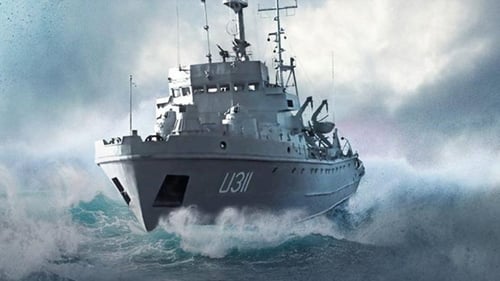
우크라이나와 갈등이 발생하자 러시아 해군은 크림 반도를 빠져나갈 수 있는 수로를 막아 우크라이나 해군 모두를 고립시킨다. 견디다 못한 해군들 모두가 항복을 선언하던 그때 해군 함정 U311호 '체르카시'의 선원들만이 목숨 건 최후의 반격을 시도한다.

The film is a story about the officers, soldiers and seamen who did not betray their oath of loyalty to the people of Ukraine and their first hand accounts about Russia's invasion and annexation of Ukraine's Crimean Peninsula. They continue to fulfill their military obligations on land, on sea and in the air today.

Documentary film about war crime — annexation of Crimea by the Russian Federation.

This is a metaphorical story about the tragic and mysterious death of the most powerful poet of 1960s, human rights activist, hero of Ukraine Vasyl Stus and his struggle with the Soviet system. The events of the film unfold during the last attempt by the KGB to seduce the poet with a whimsical "freedom".
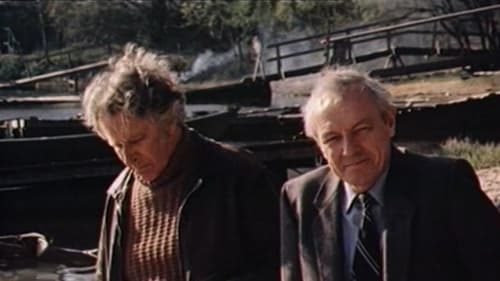
Krasnaya strela is the special train No.1 between Leningrad and Moscow. The film is set in the 1980s during perestroika in the Soviet Union. Kropotov (Lavrov) is communist CEO of a big industrial company in Leningrad. He is crafty and successful in getting a major order from the Soviet Government; building an automated assembly line. But his style of management clashes with his subordinates, talented engineers. Their potential is strangled by Kropotov's manipulative control. The government order is not accomplished and Kropotov gets fired. He is rethinking his outdated business style while on the train No.1 to Moscow.

A practical joke ends up very wrong in Nigina Sayfullaevas curious youth drama. Two seventeen year old Moscow girls, Olya and Sasha, are visiting Olya's long lost father who lives in Crimea, when they decide to switch places and pretend to be the other person to the father. Little do they know that their joke comes with consequenses that will change their lives forever.

For the first time, this documentary includes two exclusive interviews with Vladimir Putin and full details about actions in Crimea during spring 2014. These events determined the history of modern Russia. The President talks frankly and openly about the challenges and risks that Russia faced during that time. This film provides the Russian view of the situation. It is impossible to form a complete picture of the world without it.

The children who were sent to Siberia in 1941 have not seen their fathers – in their memories they recollect: “My father was arrested, he was sent to Vyatlag camp. He died there in March, 1942. He was not convicted. Father was tried in the autumn of 1942, when he was already dead, Moscow Troika verdict: 10 years in prison and confiscation of property...”The railcar moves along overgrown rails. For 70 years, the twelve participants of the journey have wanted to go to the places from where their fathers did not return. Among the harsh nature the tension on their faces shows.




